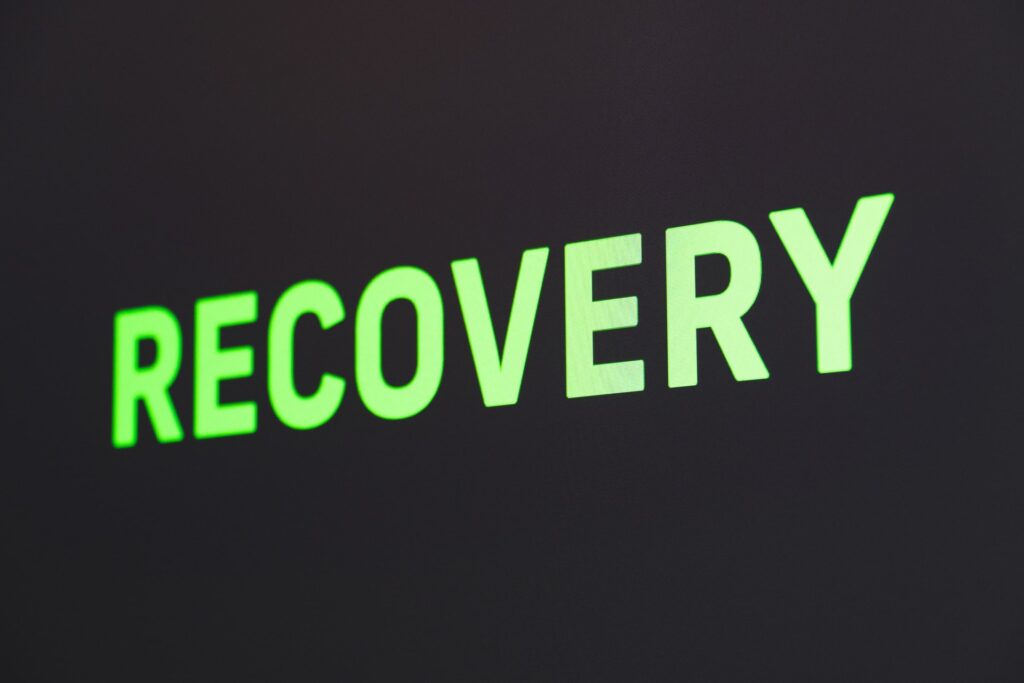
Introduction
Addiction has always been a problem throughout history and across our nation, but it has become increasingly common in modern times. Say’s Dr. Julian Mitton, Traditional therapies like cognitive behavioral therapy, 12-step programs and other methods have proven to be very helpful in treating addiction. However, there is another treatment option that may help those who don’t want to or can’t attend traditional therapy sessions: digital therapies.
The Internet has brought about countless positive changes.
The Internet has brought about countless positive changes. It’s made communication easier, information more accessible and connected people from all over the world. But there are also some negative aspects to living in an online world: addiction recovery can be challenging when you’re constantly surrounded by distractions and temptations.
If you or someone you love struggles with substance abuse or other mental health issues, digital therapies may be able to help support their recovery process in ways that traditional treatments cannot offer alone. Digital therapies–which include mobile apps like Breathometer (for alcohol monitoring), meditation apps like Headspace (for stress reduction) or even social media platforms such as Facebook or Instagram–are becoming increasingly popular among those seeking treatment for addiction problems because they allow users to get their fix without having direct access to substances themselves
Digital therapies are not a novel concept.
Digital therapies are not a novel concept. They’ve been around for decades, but in recent years they’ve become more widely used and accepted by the medical community.
Traditional therapy involves one-on-one interactions between patients and therapists, who meet face-to-face in private rooms at an office or hospital setting. Digital therapies often involve similar types of interactions–for example, online counseling via Skype or text messaging–but they can also include other forms of communication like virtual reality (VR) games that help users explore their feelings about certain situations from different perspectives.
Digital therapies have many benefits over traditional therapy.
In addition to the flexibility that digital therapy provides, it also has many benefits over traditional therapy.
For example, you can do it from home and at any time of day or night. You’re not limited by office hours or having to take off work for appointments; instead, you can access your therapist at any point in your day or night (or even while traveling). Additionally, there’s no need for clients and therapists to meet in person–which means there are fewer barriers between them than there would be with face-to-face sessions. Finally, because digital therapy allows users more control over their treatment plan than traditional methods do (e.g., they can choose how often they want their sessions), many people find this form of treatment more effective than other options available today
Digital therapies may be able to help people who otherwise wouldn’t seek treatment.
The benefits of digital therapy are numerous. For example, it’s easier to keep track of your progress when you can access your data through an app or website instead of having to fill out paper forms at every appointment. This is especially helpful for people who might be working multiple jobs and aren’t able to make it into the office as often as they should.
Digital therapies also offer more flexibility than traditional treatment methods: they can be done anywhere and at any time, which means that people who might not otherwise seek help can now get help without having to leave their lives behind during recovery (and vice versa).
Conclusion
Digital therapies are a great way to treat addiction. They can be used by people who are in recovery, and they’re also an option for those who don’t want traditional therapy but still need help dealing with their problems. As the Internet continues to change our world, we may see more people turning toward online resources for their mental health needs–so let’s make sure these new tools are as effective as possible!